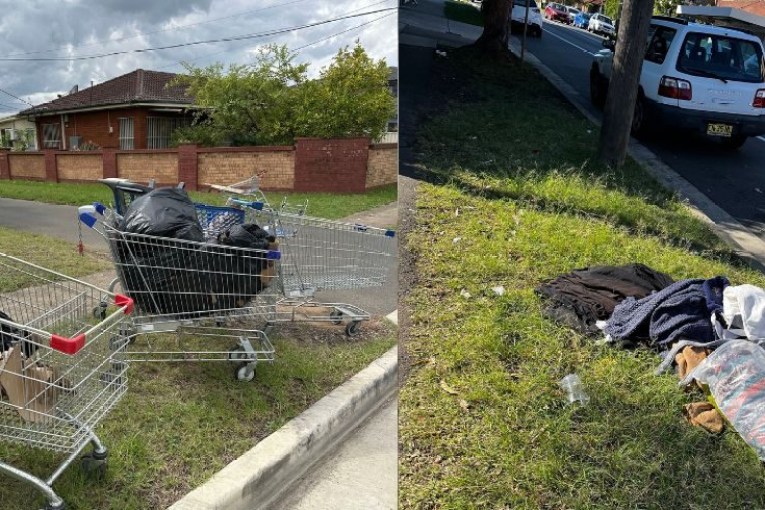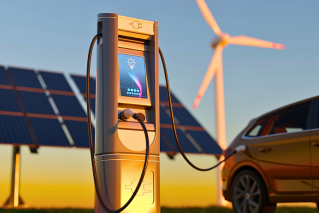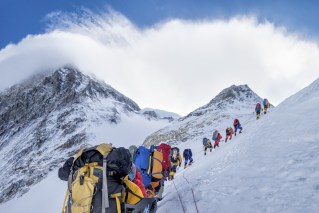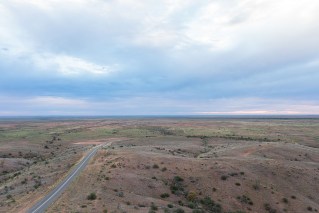Hard climate truths: Everything you need to know about COP27

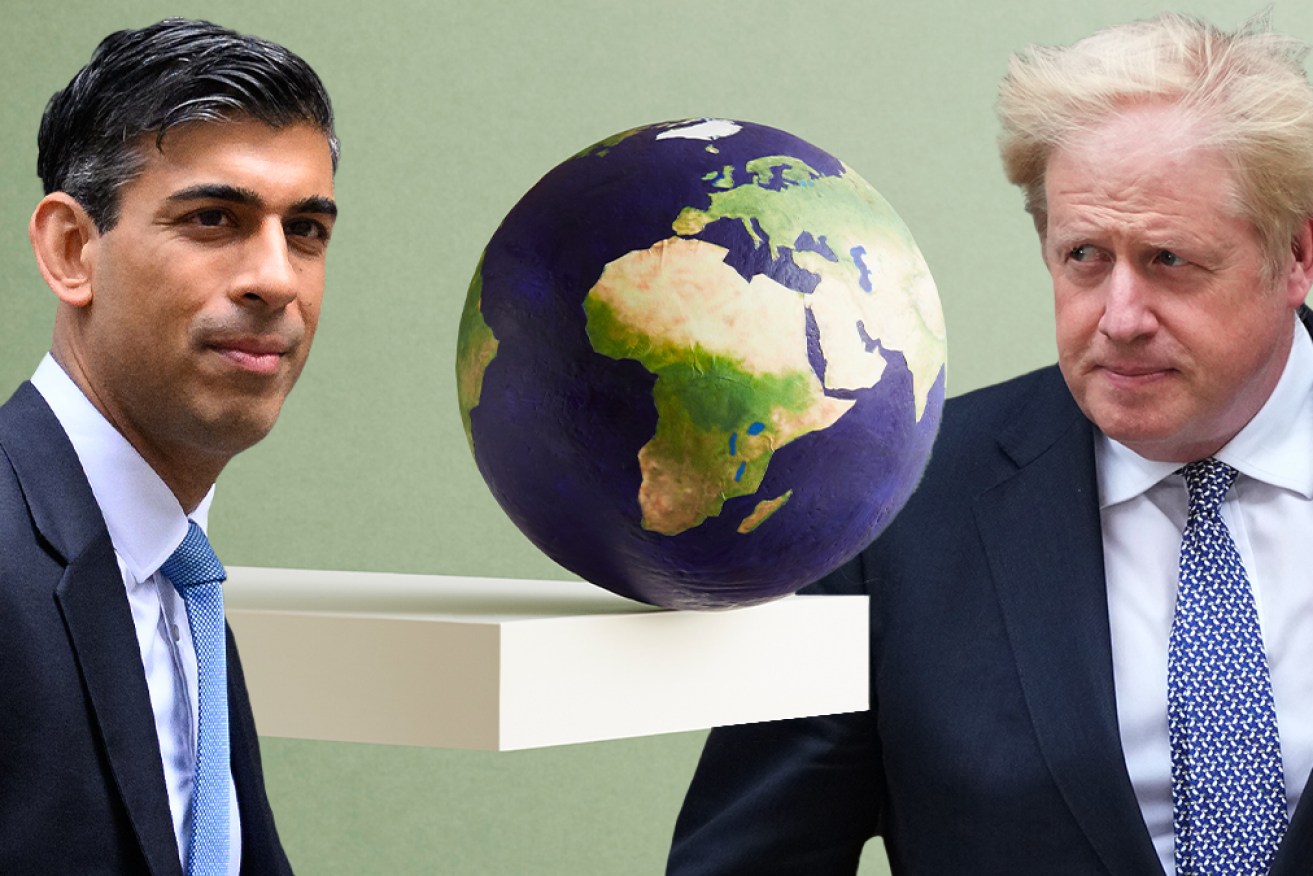
British PM Rishi Sunak will attend COP 27 after initially deciding to give it a miss. Photo: TND/Getty
These days it seems the world is lurching from one climate-induced catastrophe to the next.
Floods, fires and natural disasters are standard fixtures in news bulletins.
In the face of this global threat, calls are increasing for the international community to co-operate, find common ground and confront climate change.
COP presents an opportunity to do just that.
What is COP?
‘COP’ stands for Conference of the Parties to the United Nations Framework Convention on Climate Change (UNFCCC).
It’s a decision-making body for the world’s climate change commitments.
This year’s conference will be the 27th conference – hence the ‘27’.
COP27 begins on Sunday, and will be a fortnight-long series of conferences, talks and discussions between global leaders to flesh out countries’ climate commitments and co-ordinate efforts to combat climate change.
This year’s conference takes place at Sharm el-Sheikh, Egypt, against a backdrop of extreme weather events worldwide and global instability.
Who will be there?
About 90 world leaders and heads of state will attend the conference.
US President Joe Biden will be there, as will his French counterpart Emmanuel Macron. Indian Prime Minister Narendra Modi, European Commission President Ursula von der Leyen and Italy’s new Prime Minister, Giorgia Meloni, will all attend.
However, Australia’s Prime Minister Anthony Albanese will sit it out, saying he wants to focus on passing his government’s policies during the final three parliamentary sitting weeks.
Climate Change Minister Chris Bowen, will lead the Australian contingent at the conference.
British Prime Minister Rishi Sunak wasn’t going to attend, but changed his mind after Boris Johnson indicated he was going.
Tweet from @RishiSunak
As well as politicians and representatives of national governments, environment defenders, Indigenous spokespeople, climate organisations and fossil fuel lobbyists will also attend.
Swedish climate activist Greta Thunberg is skipping the event and has been critical of the conference, saying it is a forum for “greenwashing”.
“The COPs are mainly used as an opportunity for leaders and people in power to get attention, using many different kinds of greenwashing,” she said.
“So as it is, the COPs are not really working, unless of course we use them as an opportunity to mobilise.”
There are often barriers that prevent environmental activists from attending or participating fully in discussions.
There are concerns that COP27 may be worse in terms of access because freedom of assembly and freedom of the press are heavily restricted in Egypt.
What will be discussed at COP27?
Expect to hear some hard truths coming out of this year’s conference.
The world is not on track to limit climate change to the levels committed to in the Paris agreement.
The Paris Agreement, reached at COP21 in 2015, saw 195 countries, including Australia, commit to holding global warming to below 2 degrees Celsius and pursuing efforts to limit it to 1.5 degrees.
The world’s leading scientific authority on climate change, the Intergovernmental Panel on Climate Change (IPCC), last week stated that on our current trajectory the world will not limit global warming to 2 degrees because, disturbingly, emissions are still rising.
COP27 is an opportunity for governments and organisations to come together and grapple with a challenge that affects all humanity.
Egypt’s COP27 vision is to move from negotiations and planning to implementation.
Climate finance
Climate finance will be a top theme at COP27.
It is defined as financial assistance rich nations provide to developing nations so they can create clean energy infrastructure, cut emissions, and adapt to the effects of climate change.
In 2009, developed countries committed $100 billion per year in climate finance to developing countries. But this commitment has not been met.
Developing countries are calling for developed countries to meet their obligations to help the most vulnerable communities.
Australia is expected to come under renewed pressure to end fossil fuel financing and to phase out coal and gas use.

A girl carries water in Malawi during the 2016 drought. Photo: Getty
Loss and damage
Extreme weather events like floods, fires and cyclones cost countries dearly.
Developing countries are disproportionately affected as these climate-driven disasters intensify and occur more frequently.
Many of these countries have contributed far fewer greenhouse emissions than developed nations.
There is now an urgent need for developed nations to provide finance for loss and damages that can’t be avoided by mitigation or adaptation.
There have been discussions around establishing a loss and damage fund, but it has not been established.
UN Special Rapporteur on Human Rights and Climate Ian Fry said he is hoping to build further momentum at COP27 to “get it done”.
“There are major developed countries that are quite concerned about it and looking at this issue from the perspective of what the polluter pays. Now, the countries most affected by climate change and suffering the costs are having to deal with those costs themselves.
“So, it’s time the big countries, the major emitters, stood up and said, ‘We’ve got to do something, we’ve got to make a contribution to these vulnerable countries’,” he told UN News.

People affected by floods move to higher grounds in the Naushahro Feroze District, Pakistan, during October. Photo: AAP
What’s Australia’s role?
Australia has an important role to play in this year’s conference, independent economist and councillor for the Climate Council, Nicki Hutley, said.
“There’s a really important role for us in terms of helping get that financing structure right so that we can do more to help developing economies,” she said.
“There’s a real role for the finance community … to get together and Australia could be helping lead that conversation.
“We have been a leader in the past in bringing developing finance around the world and helping economies to lift nations up out of poverty … I think we can help to broker those deals.
“We need to really stand up and be counted.”
